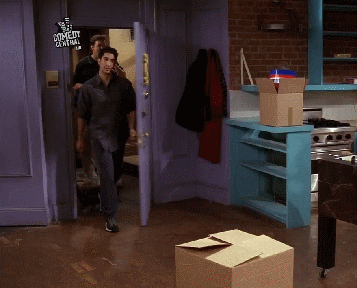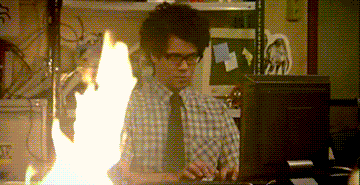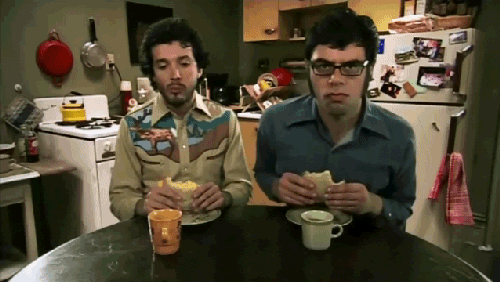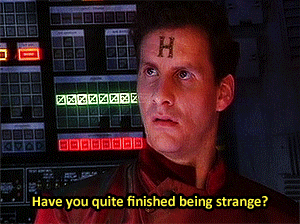Happy Bank Holiday Monday to you, my dear reader. I hope that this extra day of freedom is affording you suitable levels of confusion about setting your alarm and all the poorly thought out DIY tasks you could possibly have hoped for.
“Tonight is the night when six become one”, as the famous Spice Girls song definitely does not go. Tonight myself, my favourite Australian (the powerhouse producer and artistic director of RedBellyBlack) and the cast of A Year From Now will be hosting a fantastic fundraiser at our favourite haunt, The Boogaloo in North London. We are raising money to pay for our venue, where in the first week of July we will be performing a verbatim, physical theatre piece about humans’ relationships with time. Here are the miscreants/creative geniuses involved:

“Oh, Vicki, come on now. You’re not seriously trying to market an event less than six hours before kick off, are you?” I hear you ask exasperatedly. “Sorry, but yes,” I reply firmly, handing you a cup of tea and a nice piece of fudge.
The thing about fundraisers is that they obviously exist to raise money for a cause, but they also give people an opportunity to come together and show their support. In twenty years’ time, those loons with the extreme facial expressions in the photo above will be running the artistic industry (fingers crossed), and we are starting as we mean to go on: hosting events that are fun, inclusive and emphatic about how important the arts are.
The whole point of A Year From Now is to give people the chance to talk about their lives. How often do we get to hear a ninety-four year-old talk about their hopes for the future? When do you get the chance to ask someone with brain damage how time affects their sense of self? That’s what theatre is for. You can dress it up (quite literally) in shiny costumes and put a pretty light on it, but at the end of the day we are all in this industry because we want to talk about things that matter. To that end, we’ve put an evening aside to show a film, have some fun and hopefully get some funds.
The arts are easy to ignore if you don’t engage with them very often. Facebook event invitations are easy to ignore if you get too many. Marketing is easy to ignore if you pride yourself on being immune to “that kind of thing”, but since when are the best things in life easy? Apathy is easy. Engaging is the challenge.
So please, engage with us. You don’t have to come to the fundraiser tonight (although you’ll be missing out on a fantastic movie night with free popcorn and playdough competitions), but get involved. Look at RedBellyBlack’s website. Ask me about the people we interviewed for the show. Ask your creative friends about their projects. Talk to the people who invite you to Facebook events and find out what the damn things are all about. Ignorance may be bliss, but you don’t know what you’ll be missing out on, and you never lose anything by asking a question.
Whatever you’re up to, have a glorious day.


















